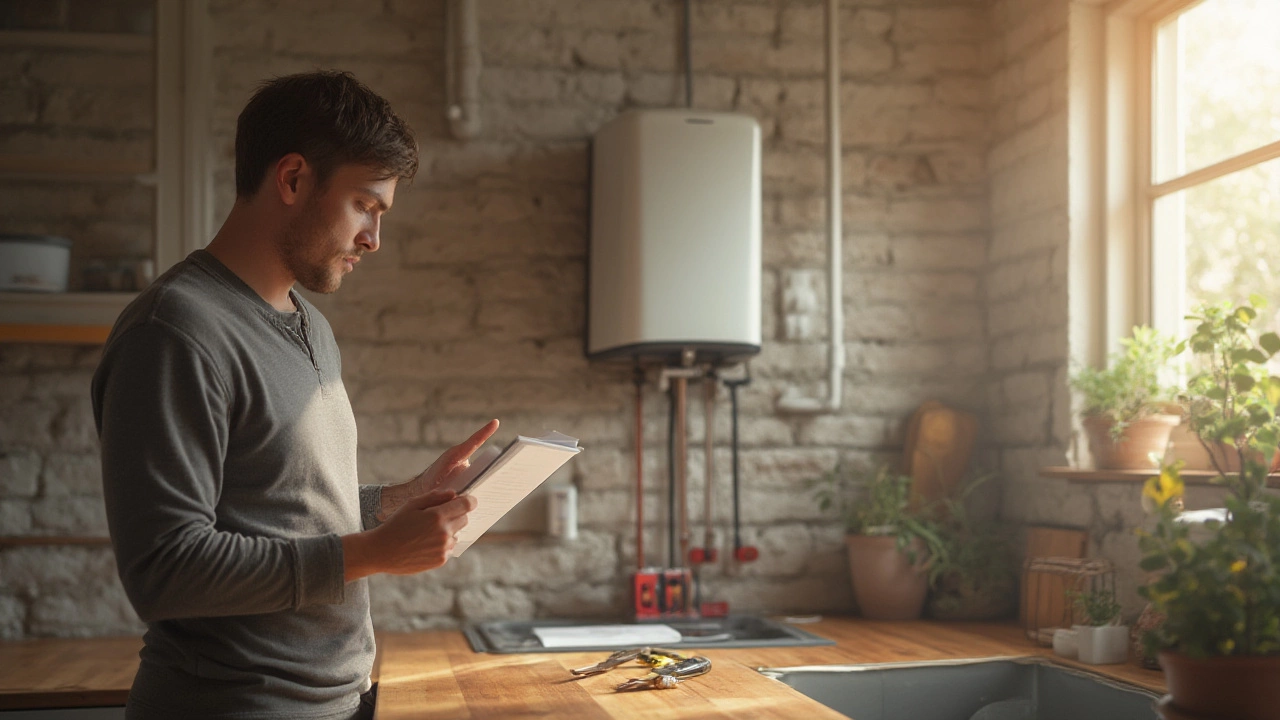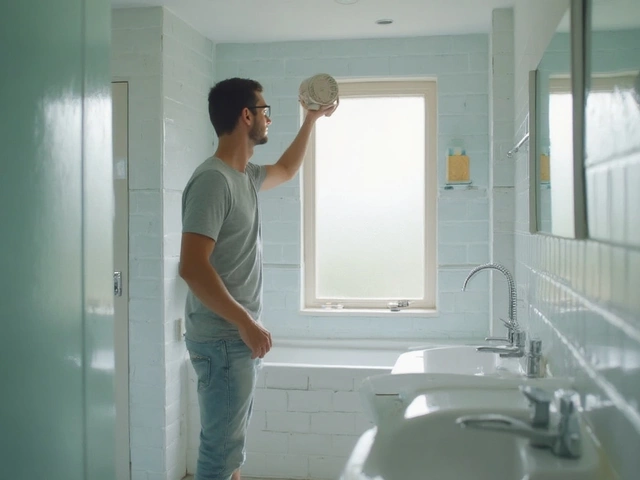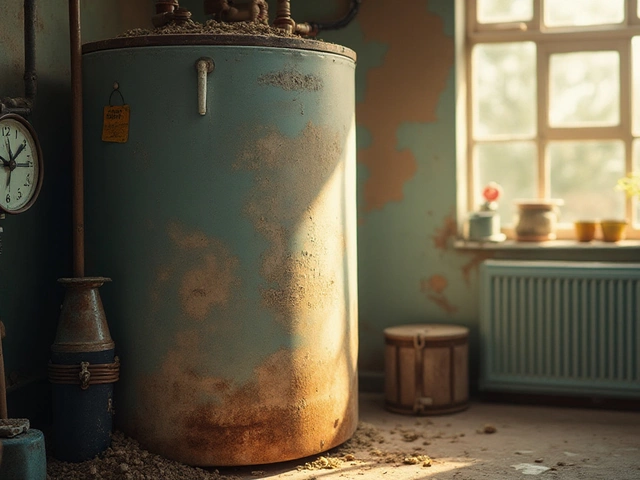If you’re standing under a chilly shower, the first thing you’ll want to know is why your electric water heater isn’t heating. The good news is most problems are easy to spot and fix. Below are the most common culprits and a step‑by‑step guide that will have you back to warm water in no time.
One of the simplest reasons is a tripped circuit breaker. Electric heaters draw a lot of power, and a brief overload can shut them down. Flip the breaker back on and see if the heater powers up.
Another frequent issue is a faulty thermostat. If the thermostat is set too low or has failed, the heating element never gets the signal to turn on. Raise the setting a few degrees and listen for a click when the element engages.
Heating elements themselves can burn out after years of use. A cracked or corroded element won’t convert electricity into heat, leaving you with lukewarm water. You can test the element with a multimeter; most DIYers find a continuity reading of zero ohms means it’s still good.
Hard water leaves mineral buildup inside the tank. Sediment builds up on the bottom and on the element, reducing efficiency and eventually causing the element to overheat and shut off. If you haven’t flushed the tank in a while, that could be the problem.
Finally, some models have a built‑in reset button that trips when the heater overheats. If you notice a red button on the thermostat cover, press it gently. If it pops back out, the heater still has an underlying issue that needs attention.
1. Check power. Make sure the heater’s plug is in, the breaker is on, and the switch (if there is one) is set to “on.”
2. Inspect the reset button. Locate the red button on the thermostat, press it, and listen for a click. If it stays in, move to the next step.
3. Test the thermostat. Use a screwdriver to adjust the temperature a few degrees higher. If the heater starts, the thermostat may be set too low or faulty.
4. Measure the heating element. Turn off power at the breaker, remove the element’s access panel, and use a multimeter. No continuity? Replace the element.
5. Flush the tank. Shut off water and power, attach a garden hose to the drain valve, open the valve, and let the tank empty. This clears sediment and can revive a sluggish heater.
If any of these steps feel beyond your comfort zone, that’s where Bognor Regis Appliance Repair Experts step in. Our technicians know every make and model, can safely replace elements, reset thermostats, and give your heater a thorough service.
Remember, regular maintenance—flushing once a year and checking the anode rod—keeps the heater running efficiently and extends its life. A little DIY effort now can save a costly replacement later.
Don’t let a cold shower ruin your day. Follow these simple checks, and if the problem persists, give us a call. We’ll get your hot water back on track fast, without the guesswork.

Thinking of fixing your own water heater? Learn when DIY is safe, common problems, money-saving tips, and when to call a pro.

A practical guide for diagnosing common refrigerator problems, spotting signs of faults, and fixing them at home with tips and real-world facts.

Looking for a reliable refrigerator that won't leave you struggling with frequent repairs? Discover which fridge brands are known for their durability and efficiency. This article breaks down the brands with the least reported problems, providing valuable insights from customer reviews and expert opinions. Learn practical tips on how to choose a fridge that suits your needs and keeps your kitchen running smoothly.

Nobody wants to deal with a stuffy bathroom or smoky kitchen, but if your extractor fan isn’t working, that’s exactly what you’ll get. This article shows you how to check if your extractor fan is doing its job or just taking up space. From simple power checks to quick airflow tests, you’ll learn hands-on methods anyone can use—no tech wizardry needed. Expect practical tips, a couple of helpful tricks, and signs that tell you when it’s time to call an expert. Don’t let stale air hang around: let’s figure out what your fan is up to.

Discover what makes some refrigerator repairs more costly than others. From compressor issues to electronic faults, fixing these problems can hit your wallet hard. We'll uncover why some are pricier than others and offer tips on how to avoid them. Learn about preventive measures to save you money in the long run. This guide is a must-read for every fridge owner looking to keep repair costs at bay.

Neglecting to flush your water heater can lead to a host of issues, from inefficiency to full-blown malfunctions. Sediment buildup can decrease heating efficiency and even cause damage over time. This article explores what happens if you never flush your water heater, why regular maintenance is crucial, and how you can perform these tasks. Dive into practical advice and tips for maintaining a healthy water heating system.